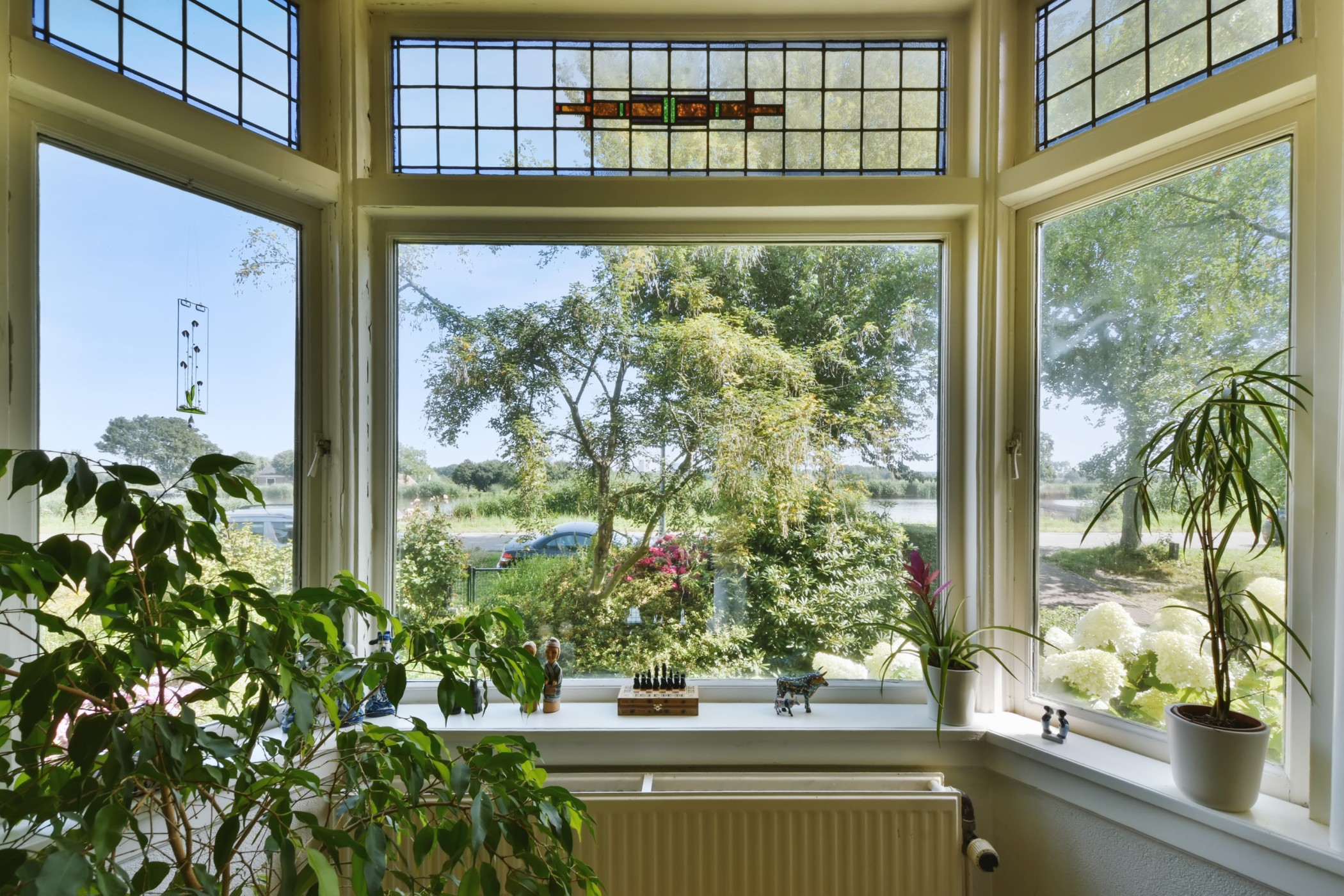Window tinting is a popular modification that can improve the look and feel of a…
Insurance Benefits of Residential Window Tinting: A Legal Overview – Guest Post

In the realm of residential enhancements, window tinting stands out not only for its aesthetic appeal but also for potential insurance benefits. This legal overview delves into the intersection of window tinting and insurance coverage, shedding light on the advantages homeowners can gain by embracing this popular architectural choice. From energy efficiency to enhanced security, discover how window tinting can offer more than just a sleek appearance—it can be a wise investment in your property’s protection.
What is the meaning of tinted windows?
Residential tinted windows refer to a modification made to windows in homes, involving the application of a specialized film on the interior surface. This film is designed to enhance several aspects of the window’s performance.
Primarily, it reduces the entry of sunlight, providing homeowners with increased privacy, and reduced glare. The tinting process also contributes to energy efficiency by minimizing heat absorption and loss.
Beyond these practical benefits, residential tinted windows often add a sleek aesthetic to homes while simultaneously offering occupants a more comfortable and visually appealing living environment. This multifaceted enhancement has become a popular choice for homeowners seeking a blend of functionality and style.
The Top 5 Benefits of Window Tinting
Window tinting offers a myriad of advantages that extend beyond aesthetic appeal. The top five benefits of window tinting include:
UV Ray Protection
Tinted windows act as a barrier against harmful UV rays, safeguarding occupants and furnishings from potential damage.
Energy Efficiency
The film reduces heat absorption, leading to improved insulation and decreased reliance on air conditioning, resulting in energy cost savings.
Glare Reduction
Tinting minimizes glare, enhancing visibility and creating a more comfortable environment for occupants.
Privacy Enhancement
Tinted windows provide an additional layer of privacy, allowing residents to enjoy natural light without compromising their seclusion.
Safety and Security
The film reinforces windows, making them more shatter-resistant and deterring potential break-ins.
Understanding Insurance Factors
Insurers evaluate the specific tinting film quality, its impact on home security, and potential energy efficiency enhancements. Regional elements like climate and local regulations also influence coverage and premiums. Homeowners need to grasp how these factors intertwine with insurance policies to ensure comprehensive coverage and possible discounts.
A comprehensive understanding of these dynamics enables residents to make informed decisions, harnessing the advantages of window tinting while aligning with insurance prerequisites and optimizing potential cost savings over the long term.
Legal Perspectives on Privacy and Insurance
Privacy enhancement through tinted windows is not only a practical choice for homeowners but also holds legal significance. Tinted windows act as a visual barrier, affording residents a heightened sense of privacy within their homes.
This aligns with the legal rights of homeowners to control and safeguard their personal space. Understanding the legal dimensions of privacy is crucial when considering enhancements like tinted windows. Furthermore, the correlation between enhanced privacy and insurance costs is noteworthy.
Insurance providers may recognize the added layer of security provided by tinted windows, potentially leading to cost-effective coverage options and reflecting reduced risks for homeowners.
Expert Opinions and Testimonials
Experts in the field unanimously advocate for the insurance benefits of residential window tinting. Their insights highlight the practical advantages of tinted windows, emphasizing improved security, energy efficiency, and prolonged longevity for interior assets.
Testimonials from homeowners who have experienced these benefits firsthand further validate the efficacy of window tinting. These expert opinions and personal endorsements collectively reinforce the notion that tinted windows serve as a valuable and prudent investment, delivering both aesthetic appeal and enhanced insurance coverage for residential properties.
Where to Search for ‘Window Tinting Near Me’
When searching for “Window Tinting Near Me,” consider reputable providers like “Flying Window Tinting” for quality service. Online directories, customer reviews, and social media platforms are valuable resources.
Local business listings and word-of-mouth recommendations also aid in finding trustworthy professionals. Prioritize businesses with positive testimonials, ensuring a seamless experience and optimal results for your window tinting needs.
Conclusion
The insurance benefits of residential window tinting are not merely practical but legally significant. Tinted windows contribute to enhanced security, reduced energy consumption, and privacy, aligning with homeowners’ rights. This legal overview underscores the strategic value of window tinting as a safeguarding investment, providing an aesthetic appeal while reinforcing insurance coverage for residential properties.


 5.0 stars Posted by Mary June 30, 2016
5.0 stars Posted by Mary June 30, 2016